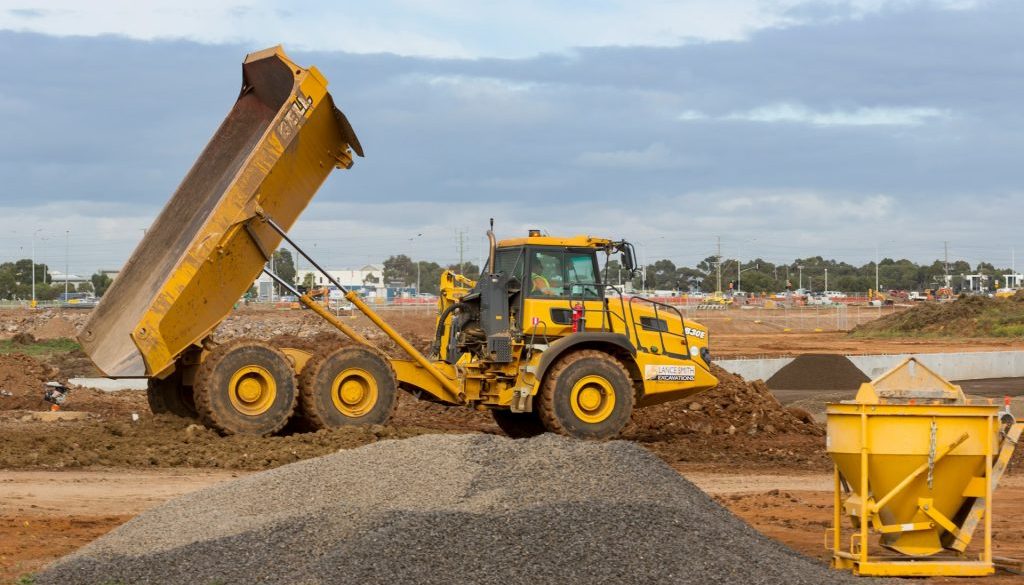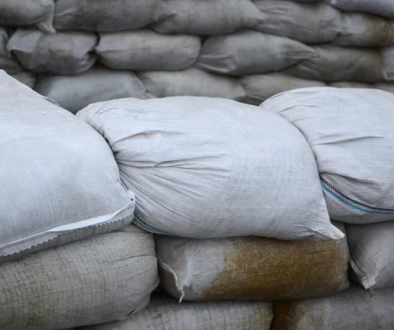Aggregates play a crucial role in construction projects, providing support and stability to structures. Whether you’re building roads, bridges, or houses, the choice of aggregates can greatly affect the outcome. Different types need to be considered carefully, as selecting the right kind is vital for a project’s success. However, the task can become tricky when dealing with certain challenging aggregates.
It’s not uncommon to come across aggregates that pose difficulties in construction. Some might have unique properties that make them tough to work with, while others might require specific handling techniques. This can lead to a whole set of challenges, from transporting them safely to ensuring they don’t compromise the quality of construction. Understanding these tricky aggregates can help in addressing the common problems that arise.
Understanding Difficult Aggregates in Construction
Aggregates are materials like sand, gravel, and crushed stone, commonly used in construction projects. They form an integral part of various construction materials such as concrete and asphalt. Each type of aggregate brings something different to the table, making them indispensable for specific uses.
However, some aggregates come with unique challenges. For instance, recycled aggregates, although eco-friendly, can sometimes contain contaminants that affect their quality. Similarly, brick aggregates might surprise builders with their variation in hardness, leading to uneven compaction when laid. Lightweight aggregates, like expanded clay, are great for reducing structural mass but can be tricky when it comes to stability during handling.
So why are these aggregates seen as problematic? The main reason is the potential of unexpected issues during construction. Their composition can lead to unforeseen outcomes like structural weaknesses or the need for special handling equipment. For example, if an aggregate is prone to absorbing moisture, it could expand, leading to structural cracks later. Besides affecting quality, such complications can increase project costs, thus making the initial choice of the right aggregate quite critical.
Challenges of Handling Difficult Aggregates
Working with tough aggregates often brings about a unique set of challenges. The handling and transport of heavy or unyielding materials can lead to difficulties, not just in project management but safety as well. Moving these materials requires sturdy equipment and experienced operators to prevent accidents and damage.
1. Transportation Hurdles
– Transporting heavy aggregates like granite requires robust vehicles.
– Moving light aggregates without loss can be tricky, as wind might disperse them.
2. Compaction Concerns
– Some materials don’t compact easily, leading to unevenness.
– Over-compaction of aggregates can ruin their structural integrity.
3. Safety Hazards
– Handling large or sharp aggregates without proper equipment increases injury risks.
– Dust from certain aggregates can pose health hazards, requiring protective gear.
These issues are compounded by environmental considerations. The wrong choice of aggregates might lead to problems with sustainability or increased environmental degradation. Consequently, understanding how to manage and select the right type of aggregate can make all the difference in ensuring both safety and success in your construction ventures.
Best Practices for Managing Tough Aggregates
Handling difficult aggregates requires a smart approach to ensure efficiency and safety in your projects. One effective method is to use specialised tools that cater to the unique requirements of each aggregate type. For instance, vibration rollers are excellent for compacting aggregates that don’t settle easily, while lightweight machinery can help manipulate less dense materials without causing displacement.
Storage and preservation of aggregates also demand attention. To maintain their quality, keep aggregates protected from external factors like rain and harsh environmental conditions that could alter their properties. Proper storage not only preserves their characteristics but also reduces project delays due to compromised materials. Consider the following tips for optimal storage:
– Cover aggregates to shield them from weather.
– Use separate compartments to prevent cross-contamination.
– Ensure good ventilation in storage areas to minimise moisture build-up.
In the context of managing large waste volumes from construction, engaging professional skip hire services provides multiple benefits. These services streamline waste management, ensuring that construction debris is responsibly transported and disposed of. They also alleviate logistical burdens, allowing construction teams to focus on core project tasks knowing their waste management is in expert hands.
Plan Ahead with Professional Help
The reality is that construction projects, especially those involving tricky aggregates, can benefit greatly from professional insights. These services provide solutions that streamline processes, save time, and ensure a high standard of quality. By considering the help of seasoned experts, you can simplify project complexities and focus on building with confidence.
To make your construction projects run smoothly and efficiently, especially when dealing with challenging aggregates, consider engaging with professional services that understand your specific needs. Using specialised facilities like skips can significantly ease the process. Explore how a skip hire in Tarpoley by Enviro Skip Hire can assist you in managing your construction waste effectively, ensuring you can focus on building with peace of mind.




